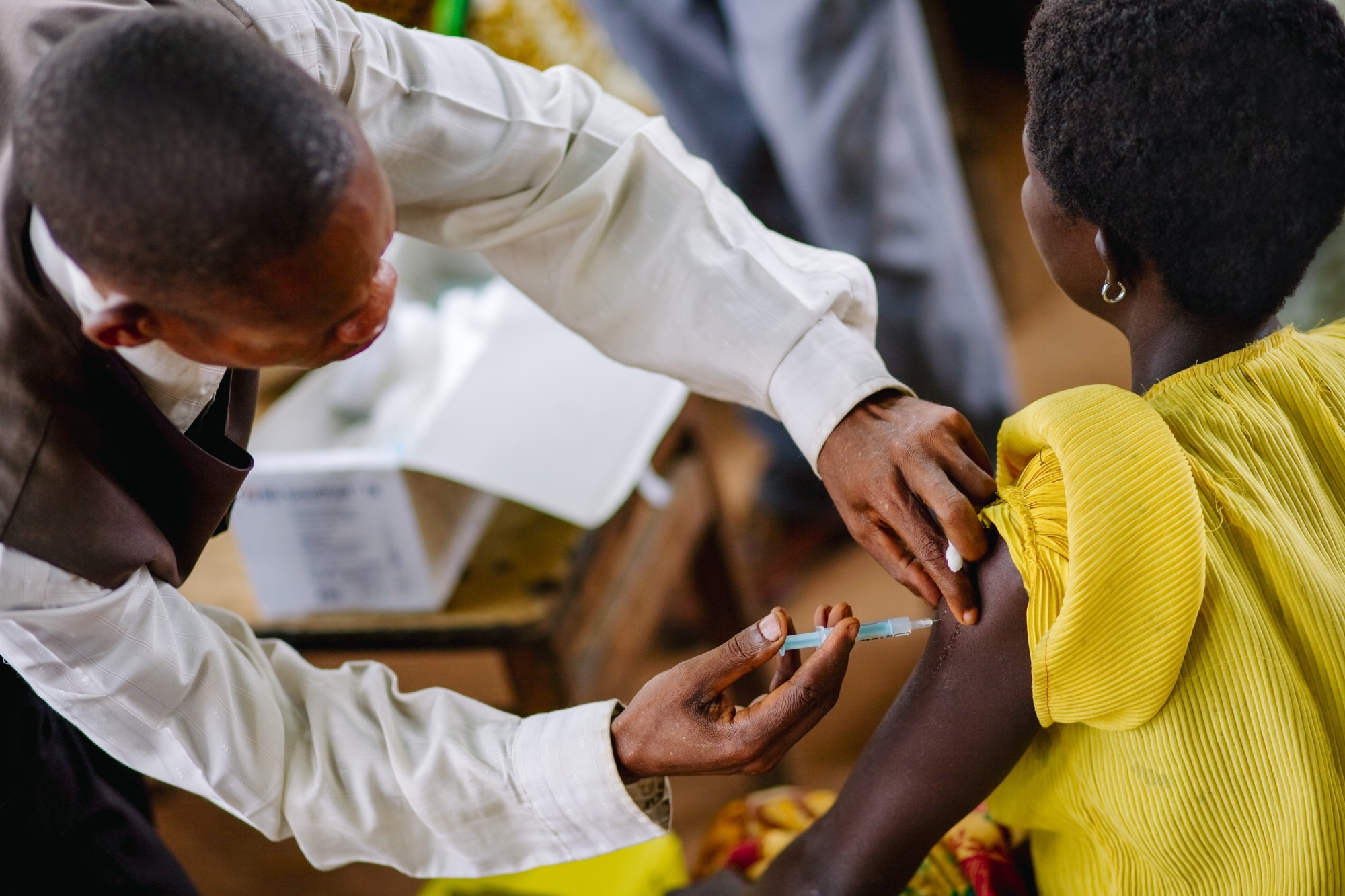Randomized controlled trials among children in Asia and Africa have revealed a high short-term efficacy of typhoid conjugate vaccines; however, few studies have analyzed the persistence of protection beyond two years. A recent Lancet study documents the results of randomized controlled trials with more than four years of follow-up in Malawian children.
 Study: Efficacy of typhoid conjugate vaccine: final analysis of a 4-year, phase 3, randomised controlled trial in Malawian children. Image Credit: Valeriya Anufriyeva / Shutterstock.com
Study: Efficacy of typhoid conjugate vaccine: final analysis of a 4-year, phase 3, randomised controlled trial in Malawian children. Image Credit: Valeriya Anufriyeva / Shutterstock.com
Background
In sub-Saharan Africa, Asia, and Oceania, typhoid fever inflicts a massive burden of disease and poses a significant threat to public health systems. Estimating the burden of Salmonella enterica serotype Typhi (S Typhi) is difficult due to the lack of surveillance platforms and diagnostic tools within these regions. In 26% of cases, which are severe and complicated diseases, substantial morbidity is often observed.
The global rise of antibiotic resistance has reduced the efficacy of existing treatments, in addition to facilitating the emergence of drug-resistant typhoid strains in Asia. This motivates the urgent need to introduce typhoid vaccination in endemic regions.
The oral Ty21a and Vi polysaccharide (Vi-PS) vaccines are not currently approved for use in children and require several doses. As a result, these vaccines are primarily used for outbreak control and by travelers from high-income countries rather than in routine immunization programs.
A typhoid conjugate vaccine (TCV), which consists of a Vi-PS conjugated to tetanus toxoid, has the potential to manage the high burden of typhoid fever in endemic areas, as TCV can generate more persistent immunity and can be administered to children younger than two years of age. To date, the cost-effectiveness of vaccination strategies using the TCV has been studied in high-incidence countries.
About the study
The current double-blinded, phase III, randomized controlled trial was conducted in Blantyre, Malawi. Healthy children between the ages of nine months and 12 years were recruited and randomly administered a single dose of meningococcal capsular group A conjugate (MenA) vaccine or Vi polysaccharide conjugated to tetanus toxoid vaccine (Vi-TT).
The children were recruited from health centers and government schools and were only included if they resided in the study areas and were not previously vaccinated against typhoid. Participants, the study team, and the parents or guardians of participants were masked to vaccine allocation; however, the nurses administering the doses were not blinded.
Surveillance was conducted from vaccination until the completion of follow-up to detect febrile illness. The first incidence of typhoid fever, which was confirmed by blood culture, was the primary outcome. Additional intention-to-treat analyses were conducted for all study participants.
Key findings
A single dose of Vi-TT was found to offer at least four years of protection against typhoid fever, with cumulative vaccine efficacy estimated to be 78.3%. Across all age groups, vaccine efficacy loss was only 1.3% yearly over more than four years, reflecting the vaccine's durability and longer follow-up period that can prevent many cases. More specifically, current estimates indicate that 163 children need to be vaccinated to prevent one case of typhoid, which is significantly lower than the estimate of 278 vaccinated children for the 18-24-month analysis.
Protection was noted across age groups, including children younger than two years of age. Given the importance of durability in children, the World Health Organization (WHO) recommended the administration of a single-dose TCV in the first or second year of life. Vaccine efficacy was estimated to be 70.6% for children younger than two.
A key limitation of the analysis is the pause of surveillance during the coronavirus disease 2019 (COVID-19) pandemic for at least five months. If most typhoid cases occurred during this pause, then the results presented here should be considered underestimated.
Another study limitation was the decrease in the number of children who presented for blood culture and passive surveillance during the first two years. Although this could have led to an underestimation of the true incidence, it is not expected to bias the vaccine-efficacy results.
Conclusions
The high effectiveness of a single dose of Vi-TT was noted across all age groups, thus demonstrating this therapeutic's cost-effective and efficient benefits for managing high disease burden in endemic regions. An additional advantage of this approach is the possibility of integrating TCV with other vaccines used to prevent measles-rubella and polio.